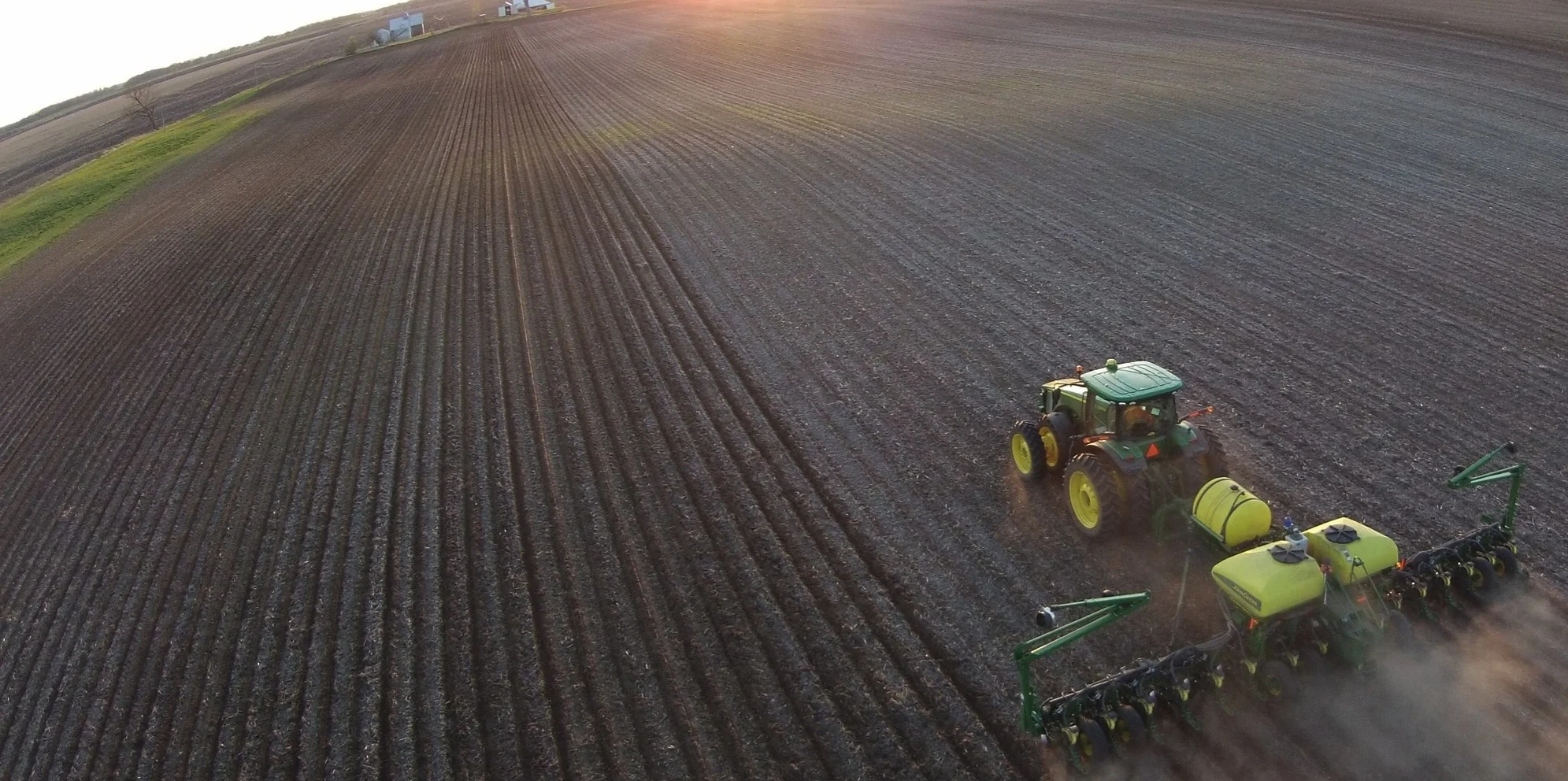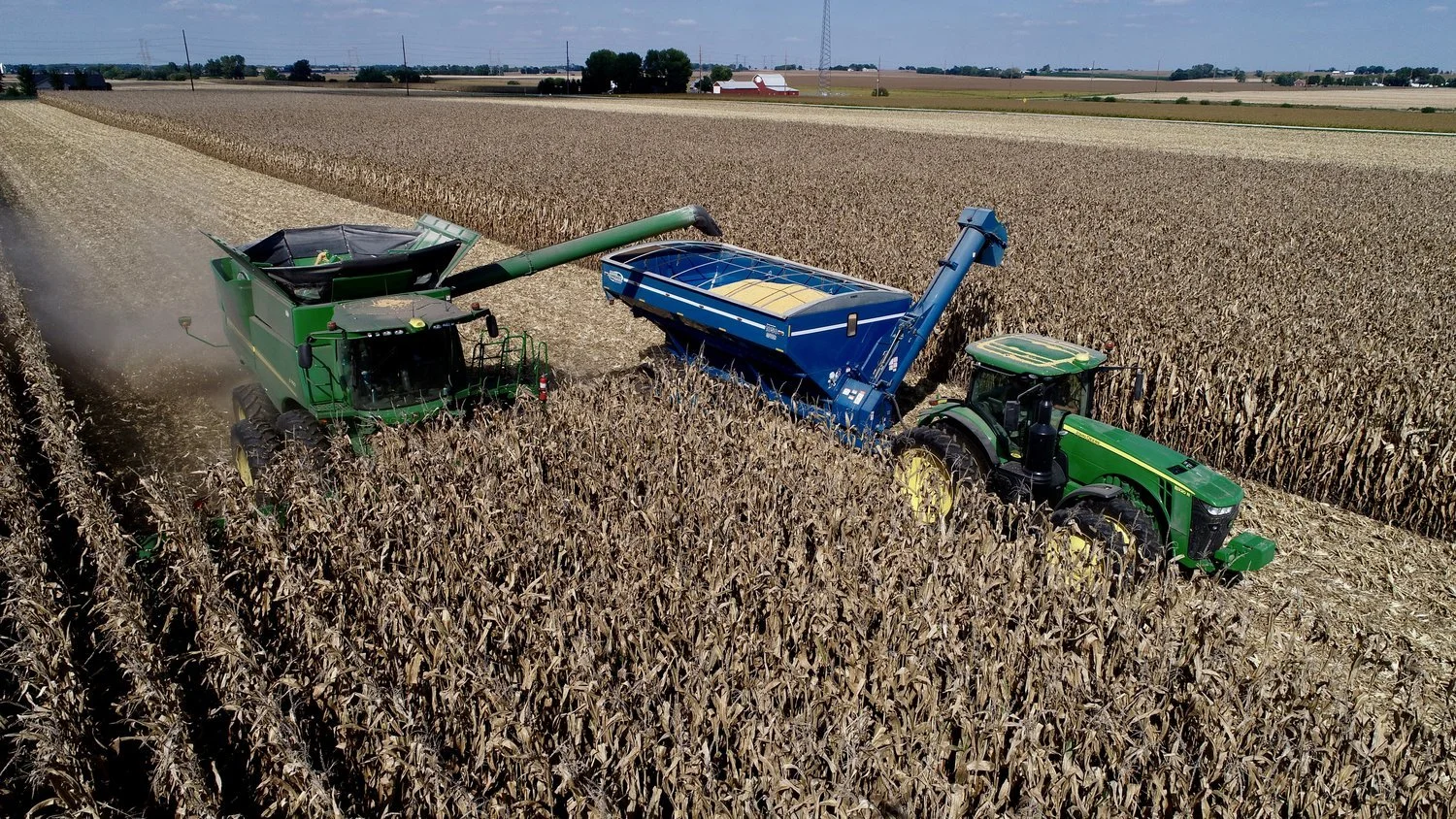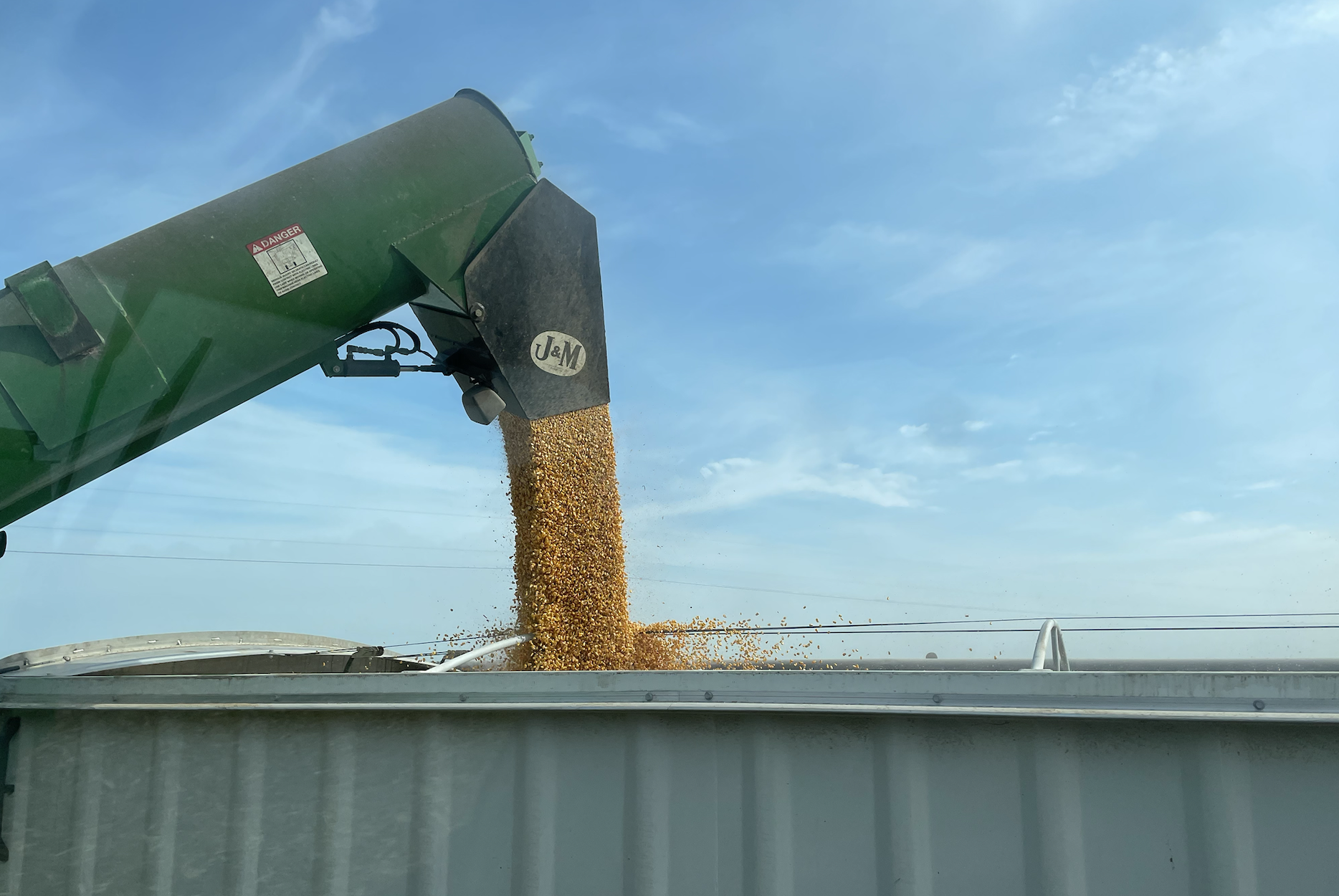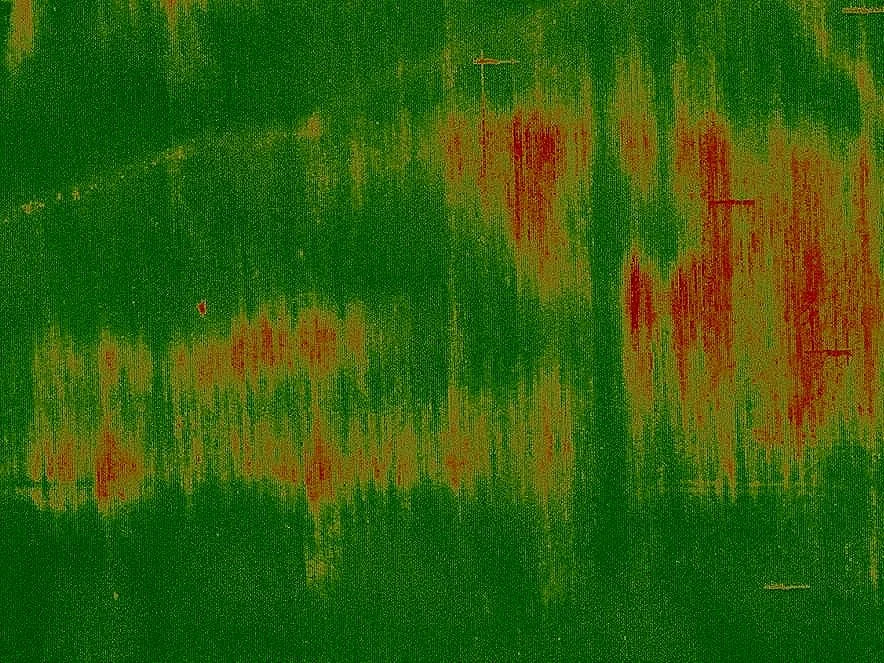What is Ag Data Transparent?
/John Deere's announcement that it had certified the John Deere Operations Center as "Ag Data Transparent" this week might have you wondering, what exactly does that mean? This post answers that question. But first, a quick history lesson about how we got here.
Ag Data's Core Principles
In 2014, American Farm Bureau Federation (AFBF) observed that many of its farmer-members were concerned about the variety of new ag data products that were arriving on the market. What would happen to ag data once provided to these platforms? Would the tech providers use this data for their own purposes? Could the farmer ever get this data back? Should they trust these providers, which included legacy companies like John Deere that were developing new cloud-based products, as well as new start ups from Silicon Valley and the Midwest?
To address these concerns, AFBF hosted a series of meetings with representatives of other interested farm groups, such as American Soybean Association, National Corn Growers, National Association of Wheat Growers, National Farmers Union, and National Sorghum Producers. These organizations had similar concerns.
Ag tech providers were also invited. Representatives from the big equipment manufacturers were there: Deere, CNH, AGCO, as well as large seed and chemical companies, Dow, DuPont, and Monsanto. Smaller and start-up ag tech companies were there too. (I was fortunate to attend a couple of these meetings.)
After a series of these meetings, the group drafted The Privacy and Security Principles for Farm Data, or what today we call ag data's "Core Principles." These Core Principles represented basic guidelines that ag tech providers should following when collecting, using, storing, and transferring farmers' ag data. After publishing, 37 different companies signed onto the Core Principles, pledging to incorporate them into their contracts with farmers.
The Ag Data Transparent Seal
Of course, a pledge to follow non-binding guidelines is good, but incorporating the Core Principles into actual data contracts is much better.
To verify compliance with the Core Principles, AFBF and the other interested organizations and companies formed the Ag Data Transparency Evaluator, Inc., a non-profit organization (ADT) to audit companies' ag data contracts. This organization developed the Ag Data Transparent seal of approval (above). Much like the Good Housekeeping seal of approval verifies compliance with Good Housekeeping's standards, the Ag Data Transparent seal recognizes compliance with the Core Principles.
How do companies get the Ag Data Transparent seal?
Companies that want to be recognized as Ag Data Transparent must submit their contracts with farmers for certification to the ADT. In addition, companies must answer 10 questions about how they collect, store, use, and share farmers' ag data. The contracts and answers to the 10 questions are then reviewed by a third party administrator* for accuracy. If the answers match what the company's contracts say, the Ag Data Transparent seal is awarded. If there is a discrepancy, the company is required to make a change before the seal is awarded.
Each of the 10 questions is based upon one or more of the Core Principles. For example, one principle is portability--farmers should be able to move ag data from one platform and use it in another. Accordingly, question 4 asks: After I upload data to the Ag Tech Provider, will it be possible to retrieve my original complete dataset in an original or equivalent format?
Participating companies must answer yes or no and provide an explanation. The final results are posted only at the Ag Data Transparent website so that farmers, agronomists, and other ag professionals can review. The results also include hyperlinks to the companies' ag data contracts, in case someone wants to more closely examine a particular answer.
When a participating company changes or updates its ag data contracts, the company's answers must be updated as well if they want to continue to use the Ag Data Transparent seal.
What can you do to help?
Many companies that collect ag data have not yet agreed to follow the ag data Core Principles. (Read: Few Big Ag Companies have yet to follow through on data transparency pledge). This should be step one. Many have signed onto the Core Principles, but not achieved the Ag Data Transparent certification. This should be step two.
Ask your ag tech provider to incorporate the Core Principles into their contracts with farmers. Ask your provider to become Ag Data Transparent. Congratulate those companies that have already taken these steps. And let me know who would you like to see join the list next.
*Janzen Agricultural Law LLC serves as the administrator of the Ag Data Transparent project.














